

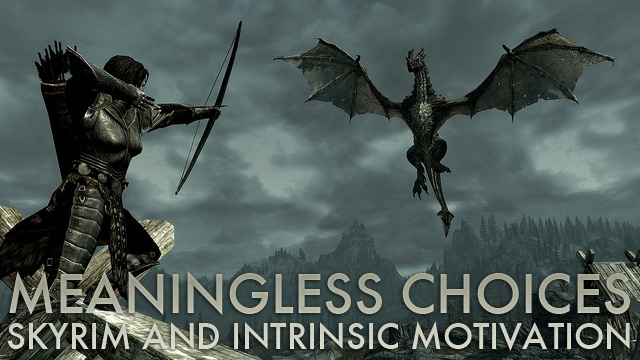
Quietly padding through a darkened tunnel, I have a sword gripped in one hand and a spell prepped with the other. The voice of a powerful necromancer calls to me from somewhere deeper within the cave. A plan buds and then ripens in my mind, plump with mischievous humor. I’ve got one black soul gem handy, and I’ve recently learned the soul trap spell. I smirk all the way down to the dungeon’s final lair.
If you haven’t played Skyrim, that probably sounded pretty silly - like some D&D fanatic recounting their most recent play session. If you have played Skyrim, however, maybe it sounds even more ridiculous. After spending time in the northernmost province of Tamriel, you come to understand that the world - as rich as it is - doesn’t acknowledge poetic justice. If my quest is to kill a necromancer, it doesn’t matter how I get the job done. There are no bonus rewards for style.
I expect no sweetroll for my cleverness, and Skyrim doesn’t give me one.The Elder Scrolls series has made its name on sprawling, open world games set into an fantasy background with all the genre staples: elves and orcs, enchanted swords, and the deadly squabbles of lesser gods. From the map size to the number of readable in-game books to the quantity of edible objects, the focus of TES has always been scale. Bethesda Softworks has built their empire on successfully playing to this strength, and Skyrim is only the most recent (and, arguably, most beautiful) example of their commitment to immersion writ large.
In achieving this goal of scale, sacrifices have to be made. I receive no digital pat on the back for trapping the soul of a necromancer in a gem I found on her own bloodied ritual altar. My motivation here is purely intrinsic: I do it to satisfy a fiction that exists only for me. I expect no sweetroll for my cleverness, and Skyrim doesn’t give me one. The necromancer dies without incident, and maybe sometime later I use her soul to enchant my boots. For the more existentially-inclined, an ominous question looms: do my choices matter?
Another major RPG developer has staked their reputation on answering that question in the affirmative. Bioware, of Dragon Age and Mass Effect fame, markets meaningful fictive choices as a primary selling point for their games; this is The Bioware Promise. I’d like to present Dragon Age 2 as the most relentless pursuit of that promise. When presented with several choices in DA2, mostly through a dialogue option wheel, you’re aware that your choice will be rewarded with some voice acting and perhaps a short visual treat. These events may not only alter how your companions react to you, but will ultimately decide the world’s history. The player does not wonder if her several dozen narrative-based choices matter in DA2: she knows. In fact, they are almost all that matter.
Compared to DA2, the world of Skyrim is infinitely more choice-driven. I can choose to develop whichever skills I want, and these skills will influence my experience at all levels of play (not merely combat).By creating a world where choice is mainly a function of how one interacts with environmental set pieces, Skyrim invites players to populate its narrative space with their own private, unsung fiction. This is in contrast to DA2, where there isn’t much of a world to explore and interact with, and the entire class system exists only to inform a handful of conversational references and the interstitial moments of combat. The most meaningful choices in DA2 are far and away the ones which shape the game’s plot, and indeed, they feel juicy in all the ways in which Skyrim’s plot choices (where they exist) do not. Romancing a character in DA2 is a critical part of the experience of playing, and it’s a process ripe with in-game feedback, delivering extrinsic goodies all along the way. You can seduce a companion as a friend who supports them or a rival who challenges them, you can be true or you can break their heart, you can flirt shamelessly or rebuke their advances. Companions respond in diverse and very human ways: they profess their attraction, they worry for your safety, they question the legitimacy of your romance, and so on. The scope of the choice-making is incredibly narrow but painstakingly nurtured, enabling the game to feel deeply responsive within its sharply defined subsets of choices. Getting married in Skyrim requires wearing a special necklace, popping the question to a friendly NPC, and performing a simple task for them. Presto! You’re hitched, and the game goes back to pretty much not giving a damn.
DA2 is the extrinsic yin to Skyrim’s intrinsic yang. While the most profitable models of blockbuster RPG development currently seem to occupy opposite ends of this spectrum, the strain the dichotomy presents is evident. Compared to DA2, the world of Skyrim is infinitely more choice-driven. I can choose to develop whichever skills I want, and these skills will influence my experience at all levels of play (not merely combat). I can choose to pick up a flower and eat it, or mash it into potion, or stick it into someone’s pocket, or leave it on a cute merchant’s doorstep. I can choose to collect books, dishware, or cheese. Collecting armor and weapons is possible in DA2, but it’s hardly comparable to paving the way from Whiterun to Windhelm in Sliced Eidar.
So which model makes a better game? Full disclosure: I’m a fan of Bioware’s other titles but have been openly disappointed with DA2, and I’ve logged over 100 hours in Skyrim. That said, I’ll still take the cowardly road and give the unsatisfying answer: neither model definitively delivers a better experience. In Skyrim’s wintry tundra there is a playground of choice, a high fantasy dream for a player who with a strong desire to write their own narratives over the game’s central plots. However, choices without extrinsic rewards are generally ephemeral: I can recall the few yet major choices of my Hawke more readily than the hundreds of smaller choices of my Dragonborn. Each model carves its own memory: one of a series of dramatic events, and one of an unending world.
Image credit: Dead End Thrills




 Top 20 Worst Sniper Fails Caught on Video
Top 20 Worst Sniper Fails Caught on Video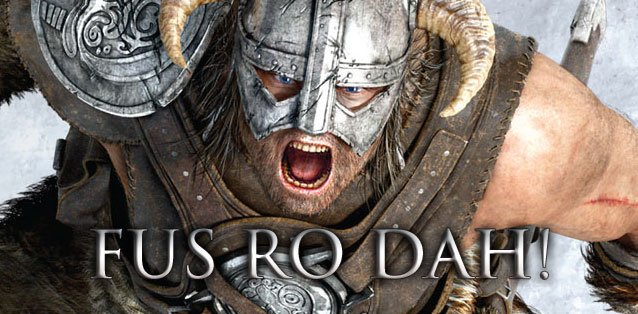 Top 10 Insane FUS RO DAH Moments
Top 10 Insane FUS RO DAH Moments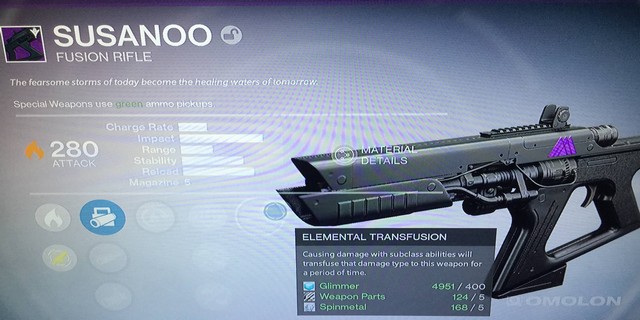 Destiny: The Taken King Guide: How To Get Warlock Subclass Specific Fusion Rifle
Destiny: The Taken King Guide: How To Get Warlock Subclass Specific Fusion Rifle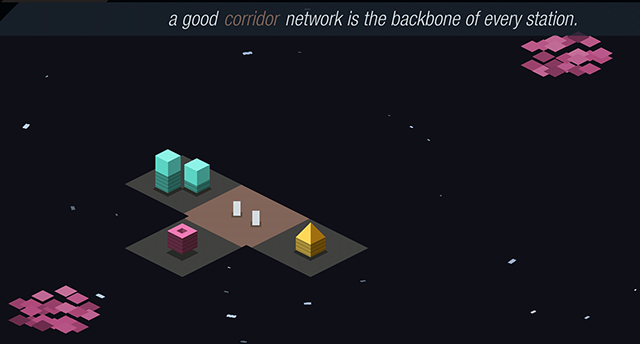 Rymdkapsel Is Strategy Gaming Stripped To Its Essence
Rymdkapsel Is Strategy Gaming Stripped To Its Essence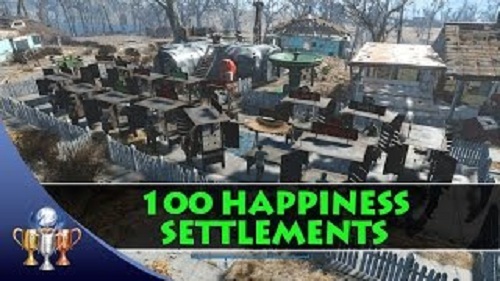 Fallout 4: Best way to obtain Benevolent Leader Achievement/Trophy
Fallout 4: Best way to obtain Benevolent Leader Achievement/Trophy